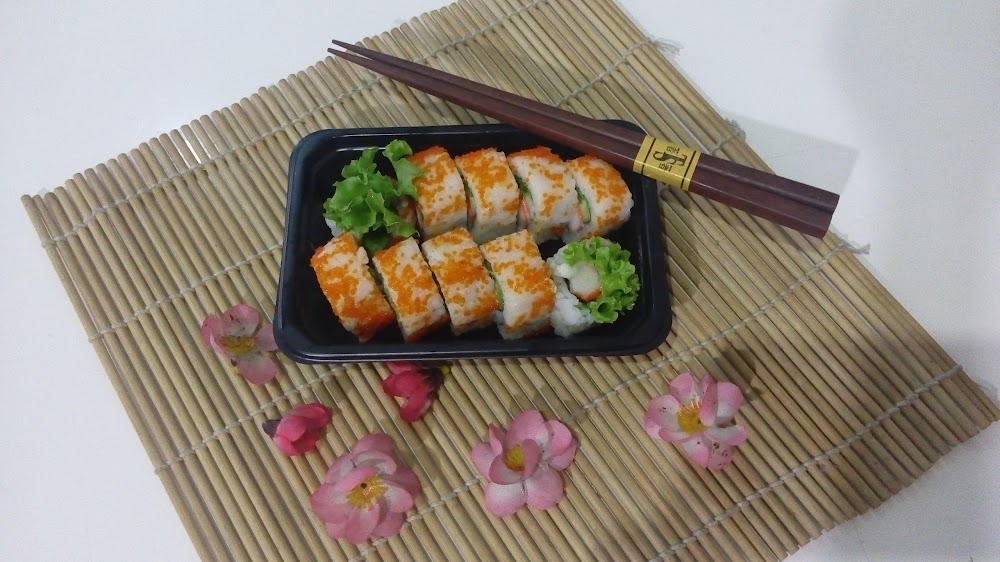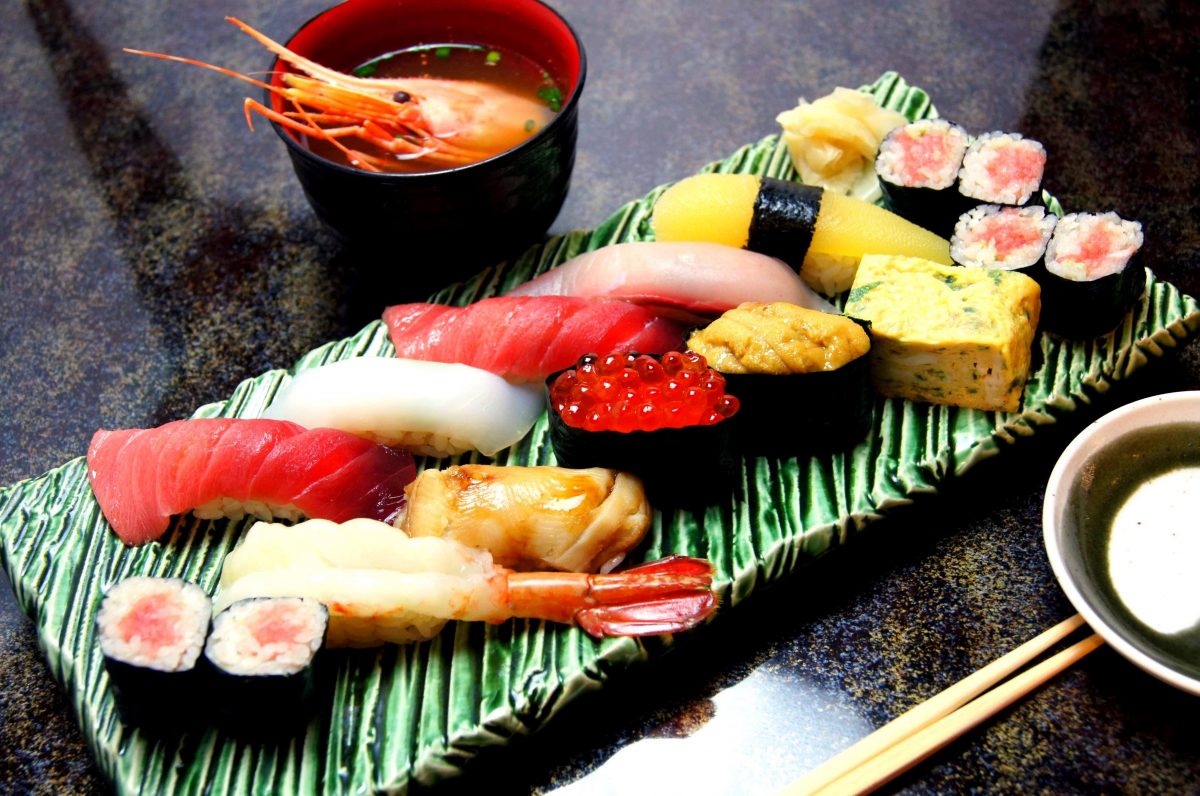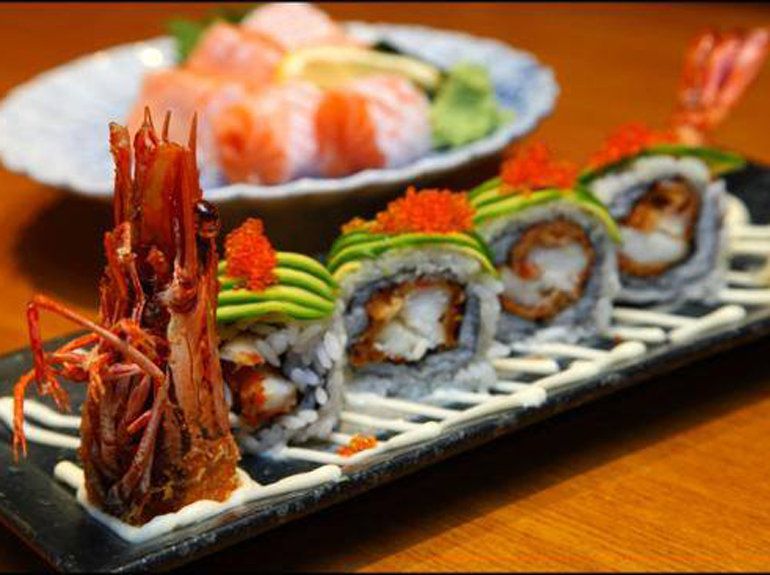Sushi, a Japanese culinary art form, has captured the hearts of food enthusiasts worldwide. Traditionally made with vinegared rice and seafood, sushi’s popularity has inspired various adaptations to cater to different dietary preferences. Among these adaptations is halal sushi, which adheres to Islamic dietary laws. This article explores the fascinating world of halal sushi, highlighting its unique ingredients, benefits, and global appeal Halal Sushi.

The Art of Sushi Making
Sushi’s origins date back to ancient Japan, where it began as a method of preserving fish in fermented rice. Over centuries, sushi evolved into the refined and aesthetically pleasing cuisine we know today. Traditional sushi chefs undergo rigorous training to master techniques such as rice preparation, fish slicing, and presentation.
Understanding Halal Dietary Laws
Halal, meaning “permissible” in Arabic, refers to food prepared according to Islamic dietary guidelines. These guidelines prohibit certain ingredients, such as pork and alcohol, and dictate specific methods for slaughtering animals. For sushi to be halal, all ingredients and preparation methods must comply with these laws.
What Makes Sushi Halal?
For sushi to be considered halal, it must meet the following criteria:
Fish and Seafood
Only fish with scales and fins are considered halal. Shellfish and other non-fish seafood are typically avoided.
Meat
If sushi includes meat, it must be sourced from animals slaughtered according to Islamic rites.
Alcohol
Any form of alcohol, including rice wine (mirin) commonly used in sushi, must be excluded.
Other Ingredients
All additional ingredients, such as soy sauce and rice vinegar, must be halal certified.
Popular Halal Sushi Ingredients
Halal sushi utilizes a variety of ingredients that comply with Islamic dietary laws. Some popular options include:
Salmon
A versatile and widely loved fish in sushi, salmon is both delicious and halal.
Tuna
Another Favorite in sushi, tuna offers a rich flavors and is halal when sourced properly.
Vegetables
Ingredients like cucumber, avocado, and carrots are commonly used in halal sushi.
Halal Chicken
Some halal sushi recipes incorporate cooked chicken, providing a unique twist on traditional sushi.
Benefits of Halal Sushi
Cultural Inclusivity
Halal sushi allows Muslims to enjoy this beloved cuisine while adhering to their dietary laws.
Health Benefits
Sushi is celebrated for its nutritional benefits, providing a harmonious blend of proteins, healthy fats, and carbohydrates.
Ethical Sourcing
: Halal certification ensures that the ingredients are ethically sourced and prepared.
Variety
Halal sushi introduces diverse flavours and ingredients, catering to different taste preferences.
Halal Sushi Around the World
The popularity of halal sushi has spread beyond Japan, with many restaurants around the world offering halal options. Cities with significant Muslim populations, such as Kuala Lumpur, Dubai, and London, boast numerous halal sushi restaurants. These establishments often blend traditional Japanese techniques with local flavor’s, creating unique culinary experiences.
How to Make Halal Sushi at Home
Making halal sushi at home is a fun and rewarding experience. Here’s a simple guide:
Ingredients
Sushi rice
Halal-certified fish (such as salmon or tuna)
Vegetables (cucumber, avocado, carrot)
Nori (seaweed sheets)
Halal-certified soy sauce
Rice vinegar (ensure it’s halal-certified)
Instructions
Prepare the Rice
Cook sushi rice according to package instructions. Mix with rice vinegar and let it cool.
Slice the Ingredients
Cut fish and vegetables into thin strips.
Assemble the Sushi
Place a nori sheet on a bamboo mat. Spread a thin layer of rice over the nori, leaving a border at the top. Arrange fish and vegetables on the rice.
Roll the Sushi
Using the bamboo mat, roll the nori tightly around the rice and fillings. Seal the roll with a little water.
Slice and Serve
Cut the roll into bite-sized pieces. Serve with halal soy sauce and enjoy!
Tips for Finding Halal Sushi Restaurants
Research Online
Use online platforms and apps to find halal-certified sushi restaurants in your area.
Check Certification
Ensure the restaurant has proper halal certification.
Ask Questions
Don’t hesitate to ask restaurant staff about their halal practices and ingredient sourcing.
Read Reviews
Look for reviews from other diners to gauge the quality and authenticity of the halal sushi.
Frequently Asked Questions (FAQs)
Q:What is halal sushi?
A: Halal sushi is sushi prepared in accordance with Islamic dietary laws, ensuring all ingredients and preparation methods comply with halal standards.
Q:Can sushi be halal?
A: Yes, sushi can be halal if it uses halal-certified ingredients and adheres to Islamic dietary guidelines.
Q:Where can I find halal sushi?
A: Halal sushi can be found in specialty halal restaurants, as well as some mainstream sushi restaurants that offer halal options.
Q: Is raw fish halal?
A: Yes, raw fish is halal as long as it comes from fish with scales and fins and is sourced and prepared according to halal guidelines.
Q:Can I make halal sushi at home?
A: Yes, making halal sushi at home is possible and allows for control over ingredient selection and preparation methods.
Q:What are common halal sushi ingredients?
A: Common halal sushi ingredients include halal-certified fish (such as salmon and tuna), vegetables, halal chicken, and halal-certified seasonings.
Q:Are there vegetarian halal sushi options?
A: Yes, vegetarian sushi options are naturally halal and can include ingredients like cucumber, avocado, and carrots.
Q:What should I avoid in halal sushi?
A:Avoid ingredients such as shellfish, non-halal meat, and any form of alcohol, including rice wine (mirin).
Q:How can I ensure sushi is halal?
A: Ensure sushi is halal by checking for halal certification, asking about ingredient sourcing, and verifying preparation methods.
Q: Is halal sushi healthier?
A: Halal sushi adheres to strict ethical and hygiene standards, which can contribute to its overall health benefits.

Conclusion
Halal sushi represents a beautiful fusion of tradition and innovation, offering a delicious and culturally inclusive dining option. As the demand for halal food grows, so does the availability and variety of halal sushi. Whether enjoyed at a restaurant or made at home, halal sushi allows Muslims and food enthusiasts alike to experience the exquisite flavors of this Japanese delicacy while adhering to their dietary laws. Embark on a culinary journey and discover the delightful world of halal sushi.
